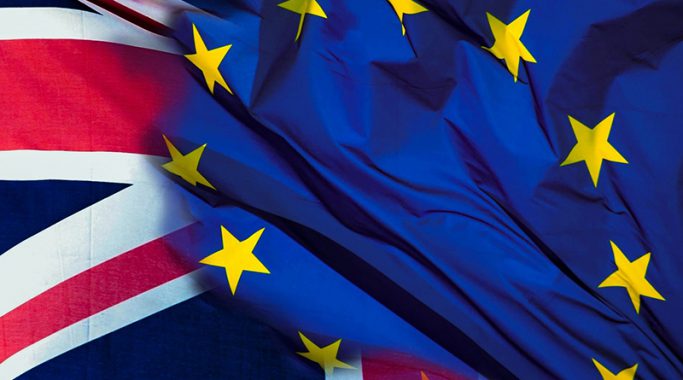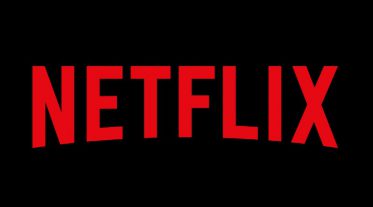The U.K.’s award-winning visual effects industry could be hard hit by the proposed new post-Brexit immigration system. The Migration Advisory Committee (MAC) published its report on minimum visa salary thresholds and a points-based visa system on Tuesday. While some MAC recommendations will help to mitigate the impact of imposing visas on E.U. skilled workers, employers will still have to pay many millions extra in visa costs and increased salaries if they want to attract the best talents from the E.U. and elsewhere.
The film awards season is reaching its climax with the BAFTAs this weekend and the Oscars on the following Sunday. U.K.-based companies will be well represented in the nominations for Best Visual Effects in both ceremonies. Four out of five of the nominated films feature work by U.K.-based VFX companies and two — The Lion King and Avengers: Endgame — have significant involvement. This continues the U.K.’s excellent track record with previous Oscar nominations and wins for VFX on First Man, The Jungle Book, Gravity, Interstellar, Ex Machina and The Golden Compass.
The BFI estimates that VFX generates over £1 billion (USD 1.3 billion) of value for the U.K. economy with a large proportion coming from inward investment from Hollywood studios. However, one in three VFX artists in the U.K. are E.U. citizens and a further 13% are from non-EEA countries. The UK Screen Alliance, the trade body for VFX companies, estimates that there are around 500 new hires from the E.U. each year. Many key VFX roles have been on the Shortage Occupation List (SOL) for several years and in October 2019, the SOL was expanded to include virtually all VFX roles.
Visual effects artists are highly skilled. Over 82% have degrees and 29% have post-graduate qualifications. As is common in the creative industries, the starting wage for well-qualified emerging talent is below what one could expect in another sector, such as financial services.
The current £30,000 minimum salary threshold for Tier 2 visas therefore almost totally inhibits recruitment of junior VFX workers and animators from non-EEA countries. MAC has confirmed its recommendation that once free movement ends, minimum salary restrictions would also apply to E.U. skilled workers, but it has also proposed a reduction in the threshold to £25,600. This will reduce the potential impact, but the imposition of visa costs and restrictions on E.U. skilled workers are still unwelcome, where hitherto the free movement of people has meant there have been no costs or barriers.
“For VFX, this will reduce profitability and talent availability in a highly competitive global market,” commented Neil Hatton, CEO of UK Screen Alliance. “We estimate that the financial impact of visa applications and salary increases to meet the threshold for European VFX workers will be around £8 million per year across our sector.”
Hatton pegged the Conservative manifesto proposal to increase the Immigration Health Surcharge from £400 to £625 per person per year as “unjust”, citing the fact that “VFX workers pay tax and national insurance contribution just like U.K. workers, so why should they have to pay for the NHS twice.” UK Screen Alliance is also calling for the Immigration Skills Charge to be scrapped as it adds significant cost to the visa application without any evidence of government using the money raised to target skills gaps.
The recommendations of the MAC report will be considered by the government, which may have different ideas, particularly about the Point-Based System on which MAC are decidedly lukewarm but which was a manifesto commitment by the Conservatives. UK Screen Alliance will continue to make representations on behalf of its members and calls on the government to engage in extensive and meaningful consultation with employers before publishing a new Immigration Bill.





